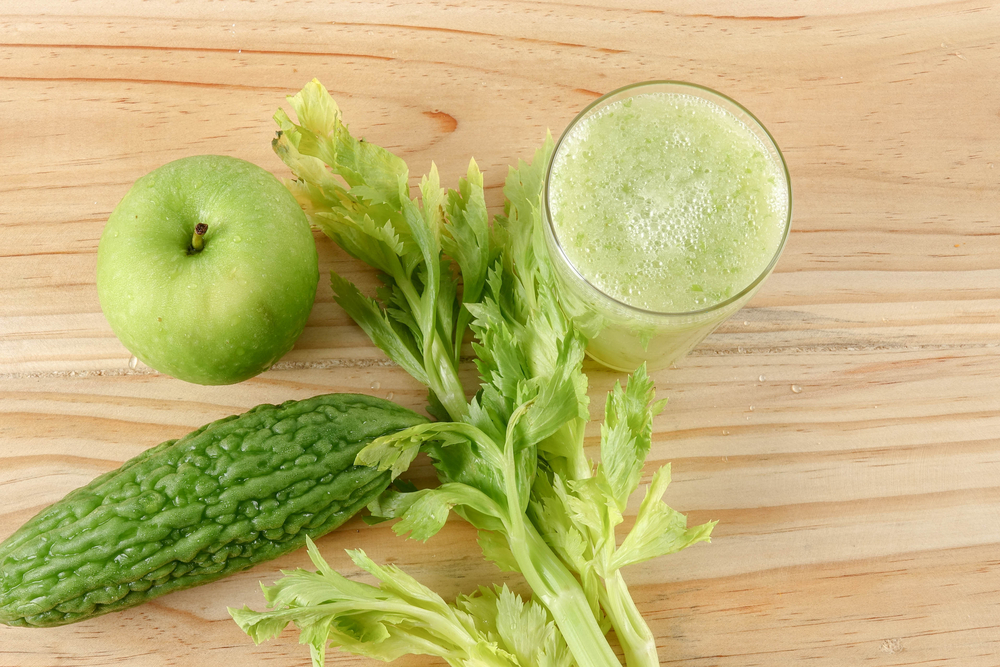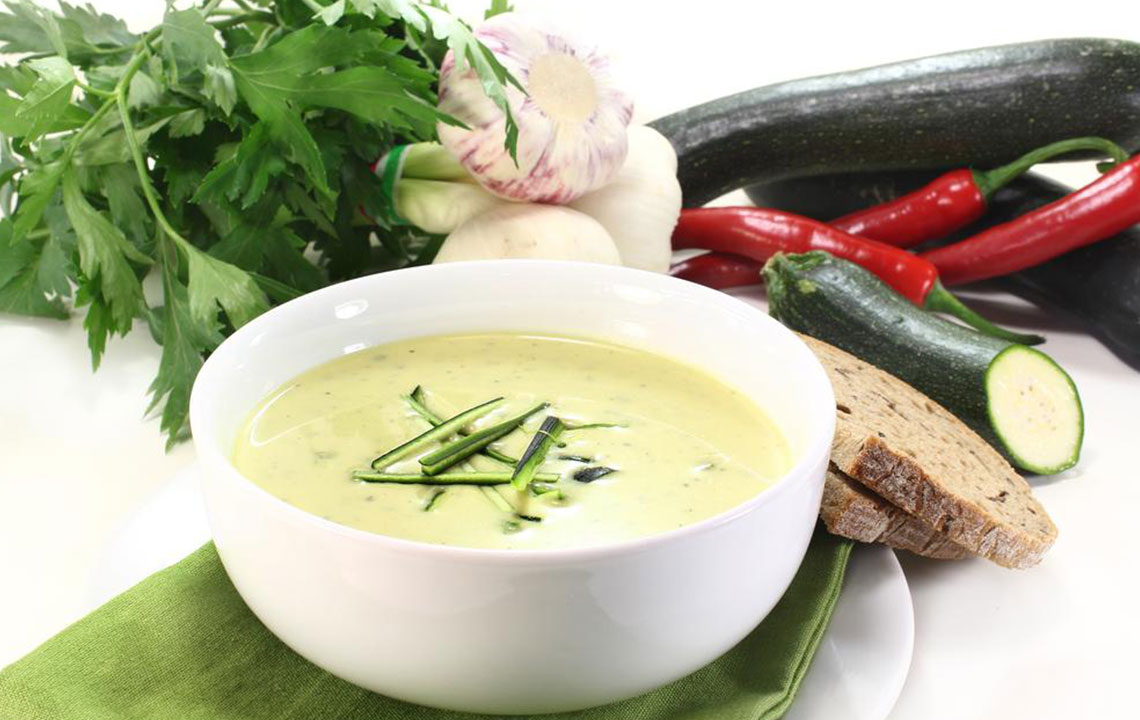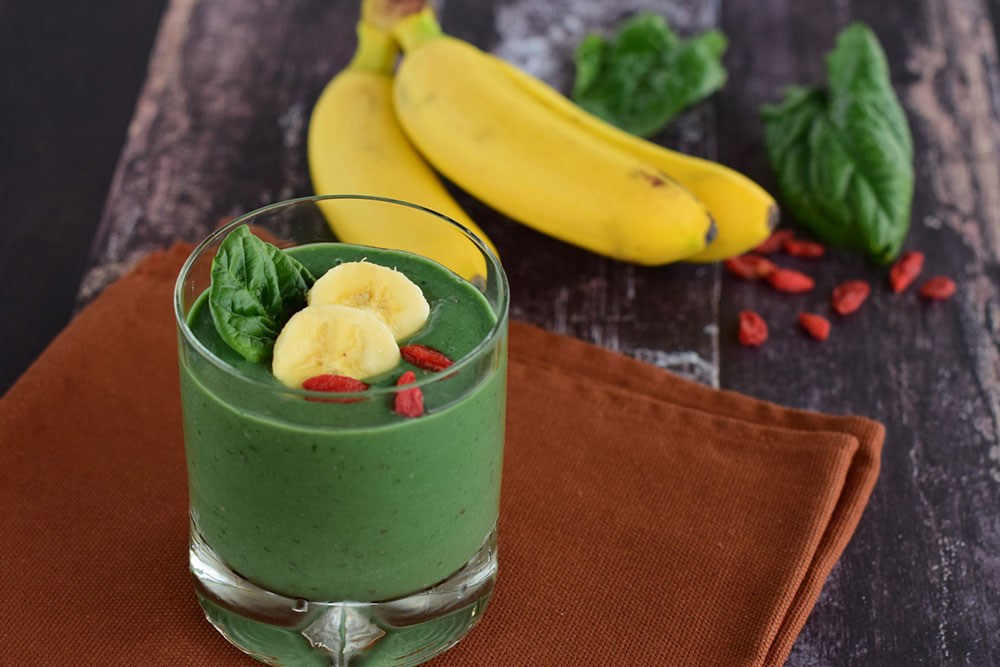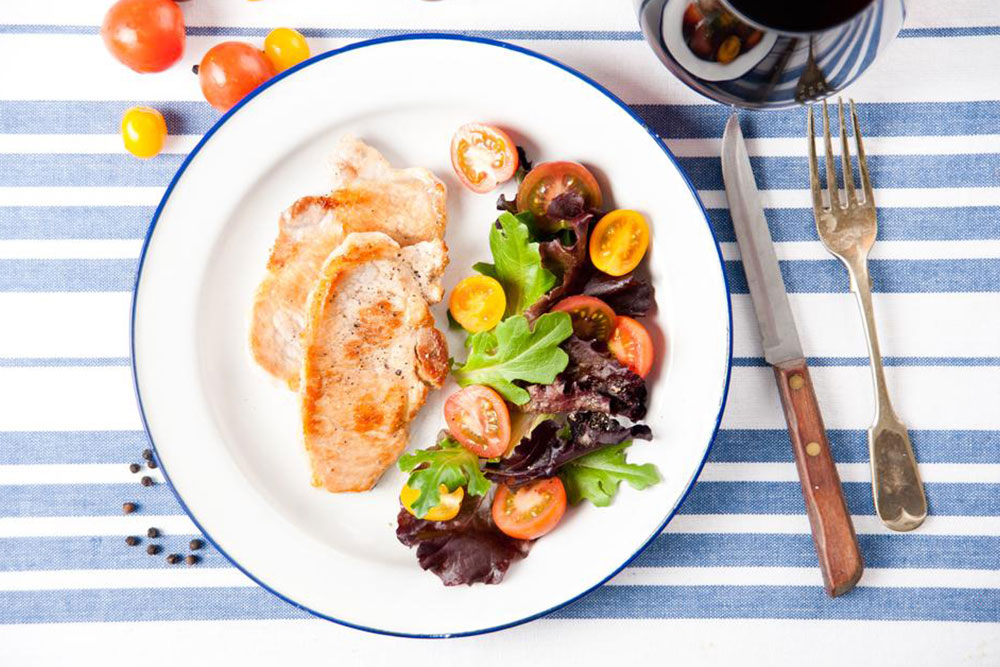Top 6 Foods to Incorporate into Your Gout Management Plan
Discover essential foods to include in your gout diet plan. Including vegetables, fruits, nuts, fish, and dairy can help lower uric acid levels and reduce flare-ups. Proper hydration and lifestyle adjustments are also crucial for effective gout management. Always seek medical guidance for personalized treatment. This comprehensive guide aims to support those managing gout through diet and lifestyle modifications to improve quality of life and reduce pain episodes.

Top 6 Foods to Include in Your Gout Management Routine
Gout is a painful arthritis condition caused by excess uric acid in the bloodstream. Elevated uric acid leads to crystal formation in joints, resulting in intense pain and swelling. Uric acid forms from purine breakdown, a natural chemical produced by the body and present in certain foods. While gout cannot be cured, a specialized diet can help lower uric acid levels, reduce attack frequency, and slow disease progression. Here are six foods beneficial for managing gout:
Hydration – Proper hydration is essential. Drinking at least 2 liters of water daily helps flush out uric acid. Consult your doctor regarding water intake if symptoms worsen.
Vegetables – Fresh vegetables like bell peppers, beets, cabbage, and kailan are gout-friendly. Limit high-purine veggies such as spinach and cauliflower.
Nuts and Seeds – Nuts like walnuts, pistachios, pecans, and flaxseeds contain low purine and oxalic acid, making them suitable for gout diets.
Fruits – Citrus fruits rich in vitamin C, including cherries, papaya, oranges, and tangerines, may help relieve gout symptoms.
Fish – Canned salmon and tuna provide beneficial fatty acids and are lower in purines. Avoid high-purine seafood like sardines, mackerel, and trout.
Low-fat Dairy – Milk, yogurt, and cheese aid uric acid excretion due to components like orotic acid. Always consult your doctor for personalized advice.
Along with dietary modifications, medication and lifestyle changes are vital for managing gout. Regular exercise and calorie control support overall health and symptom relief.










